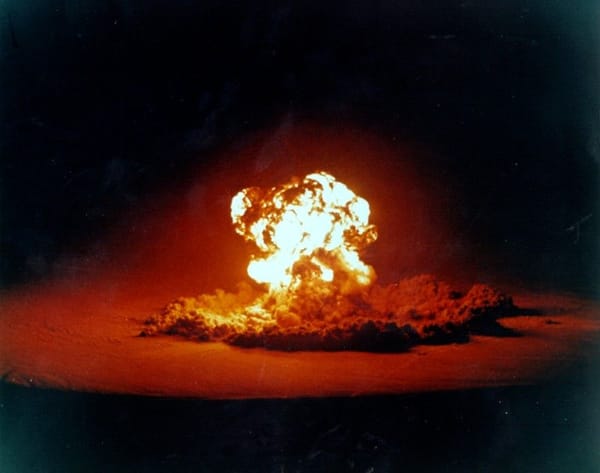Twenty years ago, Noam Chomsky published a best-selling critique of US foreign policy under the title Hegemony or Survival. Since then, the stark choice he posed has only become more urgent. As tensions with Russia and China rise, Americans must ask themselves: Is it worth risking nuclear war—and a nuclear winter—to maintain US global dominance?
“China poses a greater threat to US power than the Soviet Union ever did.”
Modern history shows that the most dangerous periods are when two or more great powers are struggling for hegemony. The 18th century in Europe was a time of “multipolarity,” during which Britain, France, Prussia, Austria, and Russia were almost continually at war, competing for geopolitical advantage and trying to divide the Continent between them. The conflicts escalated in the era of the French Revolution and the Napoleonic Wars, as a mighty France, bursting with revolutionary energy, strove for absolute dominance—ultimately without success.
The 1815 Congress of Vienna led to a century-long balance of power presided over by an industrializing Britain. Once industrialization swept the rest of Europe and especially Germany, however, Britain’s world-power status was challenged not only in the scramble for Africa, but in Europe itself. German elites wanted their country to be the next Britain, and to a great extent, it was this desire that precipitated two world wars in the following century.
